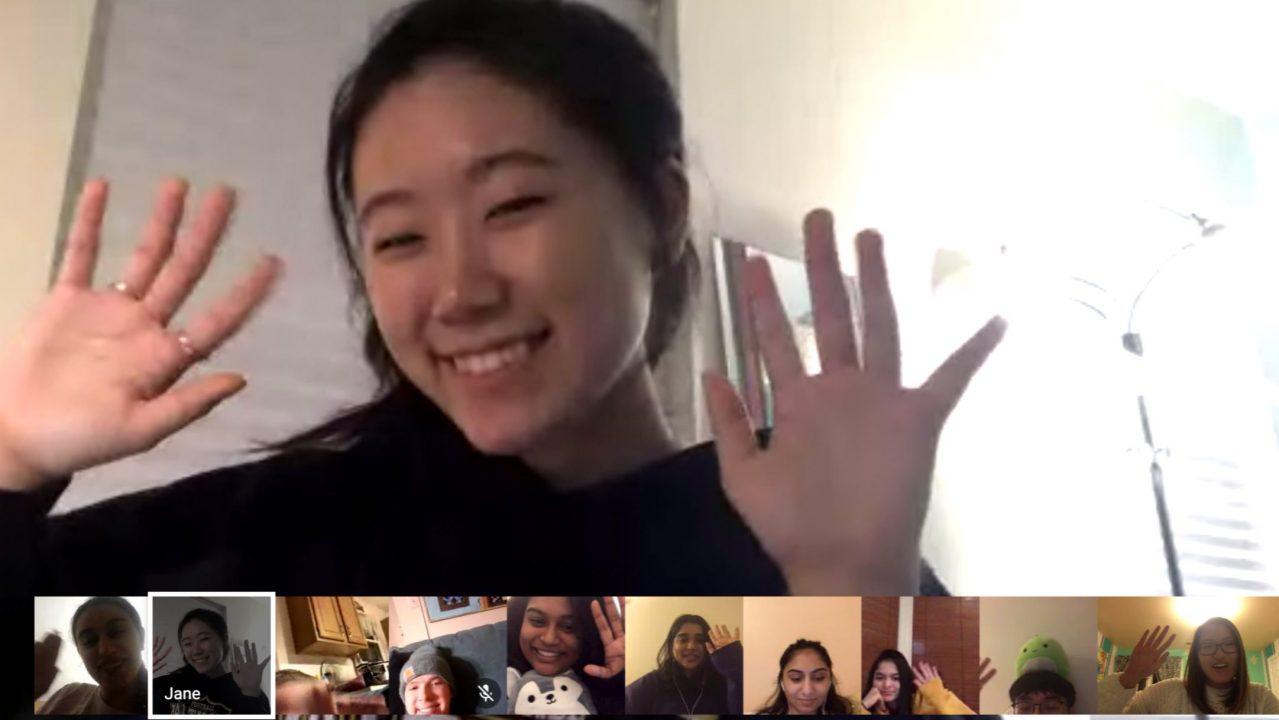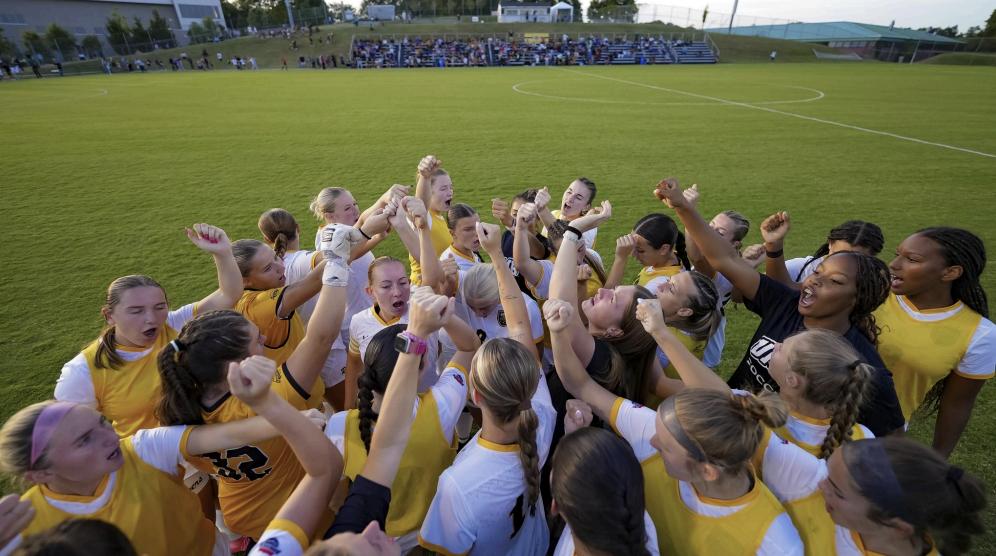With the University of Maryland, Baltimore County’s physical campus closed, many student activities have been canceled for the remainder of the spring semester. Student organizations have had to cancel any events that would lead to a large gathering of people, which means an abrupt end to in-person meetings. Not every club has completely disbanded though. As students adapt to taking their courses online, several club leaders are learning how to manage their organizations remotely.
“I would say we encountered no obstacles [when switching to virtual meetings],” said Calista Ogburn, a junior health administration and policy major. “It wasn’t as difficult as I thought it was going to be, personally.” Ogburn has been the president of Retriever Poets for two years now and has worked with the other executive board members to transition the club remotely.
Previously, Retriever Poets held weekly in-person meetings and would publish students’ poetry on their website. During meetings, student poets shared their original work and facilitated open discussions with each other. Since the campus closed, Retriever Poets is now maintaining its weekly meeting through the video conference program Webex, in addition to the students being able to share their poetry through the website.
“Our meetings are a safe space,” Ogburn said. She noted how the act of reciting a poem out loud is a valuable experience for the poet and how workshopping a poem amongst peers can improve each poet’s writing.
Some events could not easily be transitioned online, though, and the Retriever Poets ultimately had to cancel them. The club had scheduled a poetry open mic night to take place later this spring following the success of an earlier poetry open mic night Retriever Poets hosted at OCA Mocha on Feb. 25. However, the plans fell through as the coronavirus spread, limiting the number of social gatherings.
Additionally, in the past, members of the Retriever Poets have represented UMBC in the annual College Union Poetry Slam Invitational, where they perform original poems in competition with other college students from across the country. UMBC has competed in the past two years and had started training in the fall semester for this year’s contest, which would have taken place in April at the Virginia Commonwealth University.
“That was by far the saddest cancellation,” Ogburn said. She was also the co-coach for the team. “We worked so hard for it.”
Ogburn recommends for club leaders to reach out to members to figure out the best way to continue their organizations: “The first thing is to ask what your club wants. A lot of us said ‘I want to do virtual meetings’ so I took their voices and implemented it.”
Some organizations are still figuring out the best way to reach out to their members. The United Nation’s Children’s Fund club’s executive board has been utilizing video conferences to plan out how the club will run for the rest of the semester. Fatimah Shaalan, a junior majoring in financial economics and mathematics, proposed the idea of using video conferences for the general body meeting of the UNICEF club. As the club’s president, Shaalan wants members to stay connected to keep the organization’s sense of community alive but worries that people won’t be able to join a virtual meeting during the free hour period that they normally held their in-person meetings.
“Everyone’s schedules have changed since being home,” Shaalan said. “I don’t know if people will be available at twelve anymore.” Shaalan also noted that some members work in the medical field and no longer have as much time to participate.
The UNICEF club is trying to forge connections not only with its members but with the UMBC community as a whole. The club reached out directly to students who are practicing social distancing at home by promoting two social media challenges. The first challenge is to share a video showing off tips on how to have a successful self-quarantine with the hashtag #SurviveAndStriveLTE in collaboration with Living by Example, a nonprofit organization promoting health to youth through social media. The second challenge includes posting artwork that displays a recipe with the hashtag #HungerChallenge. The challenge is operated by the Student Rebuild program and the Bezos Family Foundation, which will donate six dollars for every recipe submitted.
In addition to fundraising, the UNICEF club has been seeking out ways to volunteer remotely. The UNICEF club worked in collaboration with the Shriver Center this year to create a mentorship program at the Children’s Home, a residential care facility in Catonsville for minors. Now that students can no longer travel to the Children’s Home, the UNICEF club and the Shriver Center are developing a way the program can continue remotely.
“We want things to stay as normal as possible,” Shaalan said. “We need to encourage people to stay connected.”

